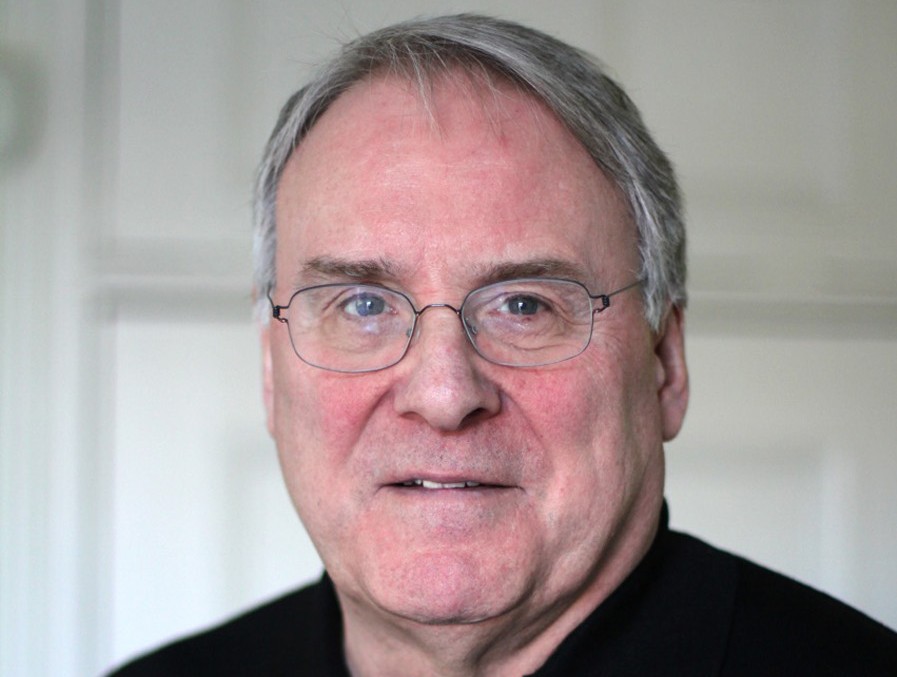McGill Tribune (MT): Growing up, how did you balance the challenges of being a student, with your high expectations as an athlete?
Ken Dryden (KD): All my life I played sports and all my life I was in school. I liked both. If you like something, you get absorbed by it. You lose track of time because you just keep doing it. You can see when you’re not doing it well [and] you see when you are doing it well. You notice how you feel in each instance. You like how you feel when you’re doing it well, and you don’t like it very much when you’re not, and you want to get better. … Once you develop a kind of taste for doing something well, you don’t lose it, you don’t leave it behind, because it haunts you. So to me, it wasn’t any different whether it was on or off the ice. It’s just—if you’re going to do something, you may as well do it well.
MT: How would you describe the course you lecture called “Thinking The Future to Make The Future” and why did you decide to teach it at McGill?
KD: This is the second year I’ve taught this course. I went to McGill with the idea and it was kind of an experimental [at first]. The approach of it is not to focus on learning what was and what is, but to apply that to what a future might be. So I divided up the course into different elements of the way in which we live; whether it is the workplace, family, religion, health or healthcare, or politics and public discourse. To have [a lecturer] in who’s an expert in each of those fields [is important]. I enjoyed doing it last year and I’m enjoying it again this year.
MT: You wrote a book titled “The Game” in 1983. What inspired you to write it?
KD: I read a lot of sports books while growing up and when I played. Some of them were very good, but none of them described quite what I had experienced as a player, and the full life that you live. That’s natural [because] everyone takes in experiences differently. So I wanted to have my chance.
MT: Why was the 1972 Summit series so special?
KD: It was one of those very special experiences [and] it turned out more special than any of us ever imagined because it was harder than we thought [it would be]. In the end, because it was harder, it was far more memorable.
MT: How closely do you pay attention to what is going on in the NHL?
KD: I think I watch like most fans. It’s once or twice a year, that I’ll watch a whole game. I’ll see bits and pieces, and I go to one or two games a year. I’ll catch the sports at 11, so I roughly know who’s doing well [and] who isn’t. About every two or three weeks, I’ll look at the standings and be surprised at some [team] who I missed that is doing better than I thought, or some teams that are performing worse than I thought. I watch the first round of the playoffs, but [the subsequent rounds] less.
MT: What was your take on the recent NHL lockout, and who do you think was to blame?
KD: This was something that was going to happen. And like a lot of things, a trail of something before leads to something later. The seeds were sown in 2004. So you arrived last summer when they really started negotiating, and all you had to do was look at the circumstances of the parties. The league had won in 2004. The end result of that negotiation was that the NHL players’ association basically broke apart—its leadership left, the interim leaders came and went; it was a mess. … They were run over in 2004. So when you lose, you need to find a way of winning the next time, or else others see you as a loser; players know that better than anybody. When you win, you see yourself as a winner. Winners win. Winners win the next time. Winners can’t lose. Self-images get determined out of all of that. So going into this negotiation, you had one that had to win and one that [couldn’t] lose. … In 2004, the owners could claim victory because they got the salary cap, even if a season was lost. This time, neither was going to win if there wasn’t a season. I think in the end, that’s what generated the season.
MT: How do you react when someone compares a current NHL goaltender to you?
KD: Usually, the person bringing it up will sort of think ‘Well wait a second, he’s early in his career. He hasn’t earned his place yet.’ That’s not what it feels like to me. For me, you just don’t know yourself as a player. You played, but others can put you into some kind of perspective. I don’t have that perspective on myself. I just know what I see on a television screen. I see some nights—and whether it’s Carey Price or somebody else—just doing what seem to be impossible things. If the commentator [compares that goalie] to past ones, [including myself], then that’s terrific. It’s wonderful because what you see on the ice looks so good, so if people want to make that comparison, then thank you very much.









